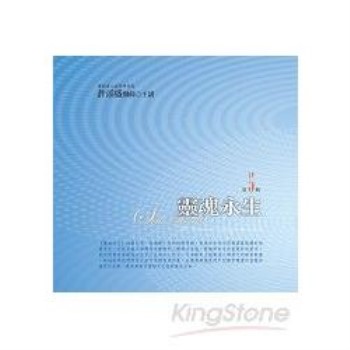As a newly industrialised country with highly successful economic growth and political liberation in a short period of time, Taiwan has been viewed as a model for other aspiring countries and regions. This volume focuses on the connection between planning institution and practice and the country's future in terms of political institutions and economic and environmental sustainability.
The book starts by providing a history of planning in Taiwan and situates contemporary Taiwanese planning in the wider global context. The contributors go on to cover challenges to planning, urban change, legal planning, land problems, the development of industrial land, community planning, conservation, ecological land use, planning for natural disasters and transportation planning. The conclusion discusses the challenges for Taiwan in the twenty-first century.
Planning in Taiwan will be of interest to students and academics working on comparative planning, development and politics, urban studies and conservation.









![114年國文──多元型式作文攻略(記帳士版)[記帳士] 114年國文──多元型式作文攻略(記帳士版)[記帳士]](https://media.taaze.tw/showLargeImage.html?sc=14100120214)


